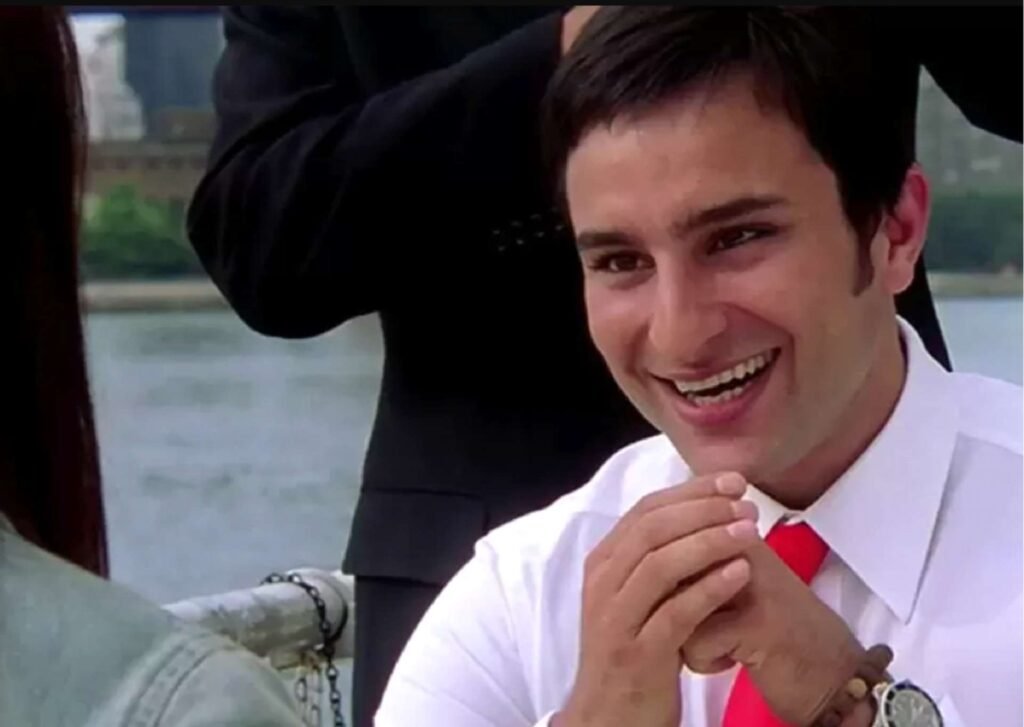The Psychology Behind Crushes: What Happens in Your Brain?
Have you ever found yourself smiling at your phone because of a simple text from someone special? Or maybe you’ve caught yourself daydreaming about that person who sits across from you at work or in class? That fluttery, exciting, sometimes nerve-wracking feeling we call a ‘crush’ is much more than just emotions—it’s your brain on a fascinating cocktail of chemicals and psychological triggers.
Why Do We Develop Crushes?
Crushes often feel like they come out of nowhere, but psychology suggests they’re deeply rooted in our evolutionary and social wiring. We tend to be drawn to people who display qualities we admire, resemble past attachment figures, or trigger positive emotional responses. From a survival standpoint, forming connections was key to thriving in early human societies, making attraction an essential part of our social behavior.
Your Brain on a Crush: The Chemical Storm
A crush isn’t just “all in your head”—it’s also in your brain chemistry. Here’s what’s happening when you’re crushing hard:
⦁ Dopamine: The Feel-Good Drug
When you see or think about your crush, your brain releases dopamine, the neurotransmitter responsible for pleasure and reward. This explains why simply seeing their name pop up on your phone can make your heart race and your mood lift instantly. It’s the same chemical that makes us crave chocolate or binge-watch our favorite shows!
⦁ Norepinephrine: The Excitement Booster
That rush of energy, sweaty palms, and rapid heartbeat? You can thank norepinephrine, which kicks in when we’re around someone we’re attracted to. It’s the same chemical released during moments of stress or excitement—like when you’re about to step on a rollercoaster.
⦁ Oxytocin: The Bonding Hormone
Often called the ‘love hormone,’ oxytocin is released during physical touch and emotional bonding. Even deep conversations or prolonged eye contact with your crush can start producing this chemical, increasing feelings of closeness and connection.
⦁ Serotonin: The Obsession Factor
Surprisingly, serotonin levels tend to drop when we develop a crush—similar to what happens in obsessive-compulsive disorder. This explains why our thoughts keep looping back to that one person, why we overanalyze every text, and why we can’t seem to focus on anything else.

Why Crushes Feel So Intense
Because a crush activates the brain’s reward system, it can feel a lot like an addiction. In fact, studies show that romantic attraction stimulates the same brain regions as cocaine use! This is why early-stage infatuation can be so consuming and why unrequited crushes can feel heartbreakingly painful.
The Role of Psychology in Attraction
While brain chemistry plays a big role, psychology shapes who we develop crushes on. Some factors include:
⦁ Proximity – We’re more likely to develop crushes on people we see regularly (co-workers, classmates, gym buddies).
⦁ Similarity – We’re drawn to those who share our interests, values, or even physical traits.
⦁ Reciprocity – If someone shows interest in us, we often feel more attracted to them in return.
⦁ Mystery & Challenge – A little uncertainty or emotional distance can sometimes intensify attraction (which explains the ‘playing hard to get’ phenomenon).
Can You Control a Crush?
Crushes can be fun, exhilarating, and sometimes frustrating, especially when they interfere with daily life. While we can’t always control who we’re attracted to, we can control how much energy we invest in those feelings. Engaging in hobbies, spending time with friends, and focusing on self-care can help shift the focus if a crush starts becoming overwhelming.
Final Thoughts
Crushes are a beautiful, sometimes chaotic part of being human. Whether they lead to something deeper or fade over time, they remind us of our capacity to connect, feel excitement, and experience emotional highs. So the next time you find yourself smiling at a message or blushing when your crush walks by—just know, it’s not just you. It’s science, it’s psychology, and it’s completely normal.
And hey, whether your crush is just a passing spark or something more—enjoy the ride!
Found this helpful? Subscribe below for more



